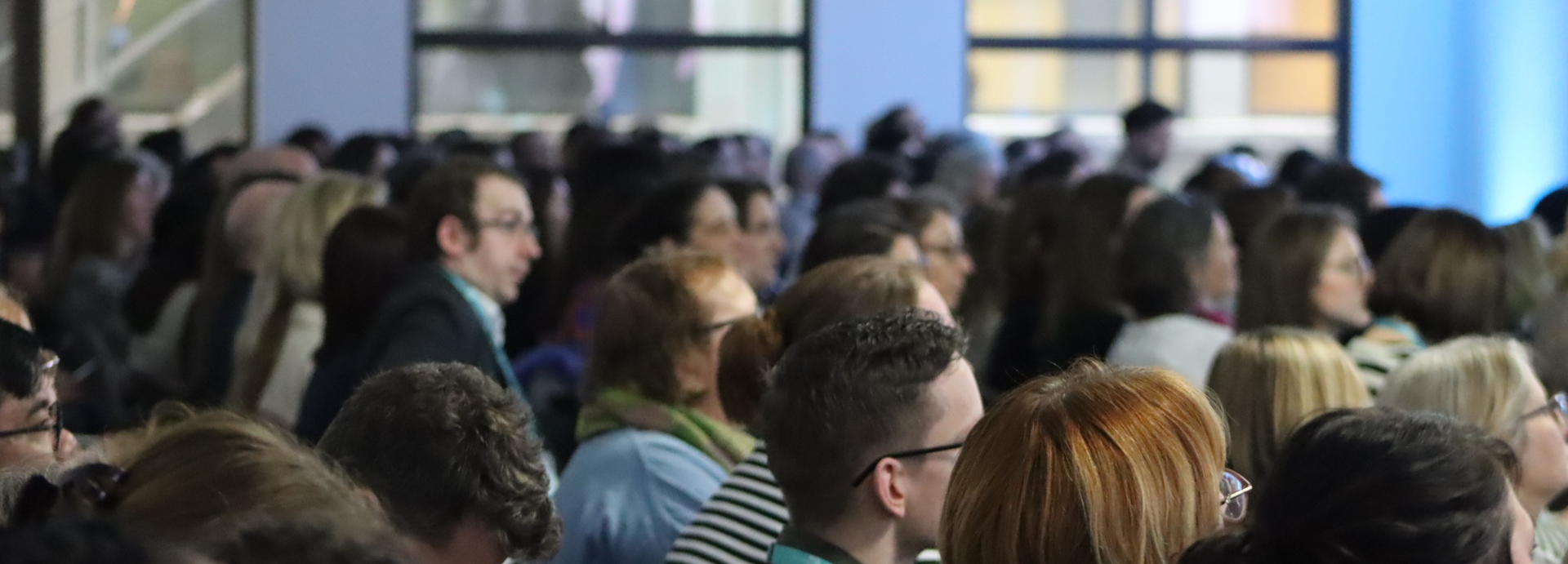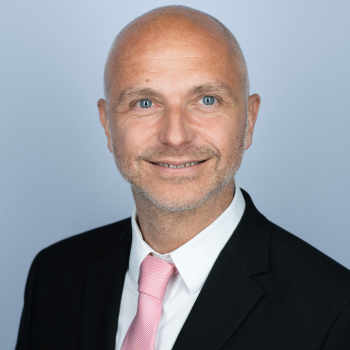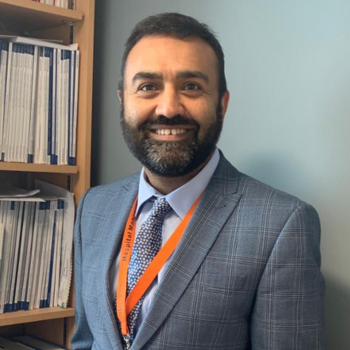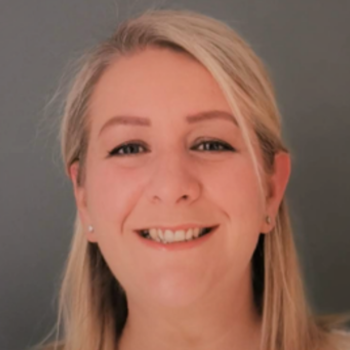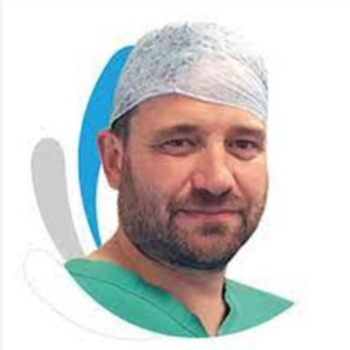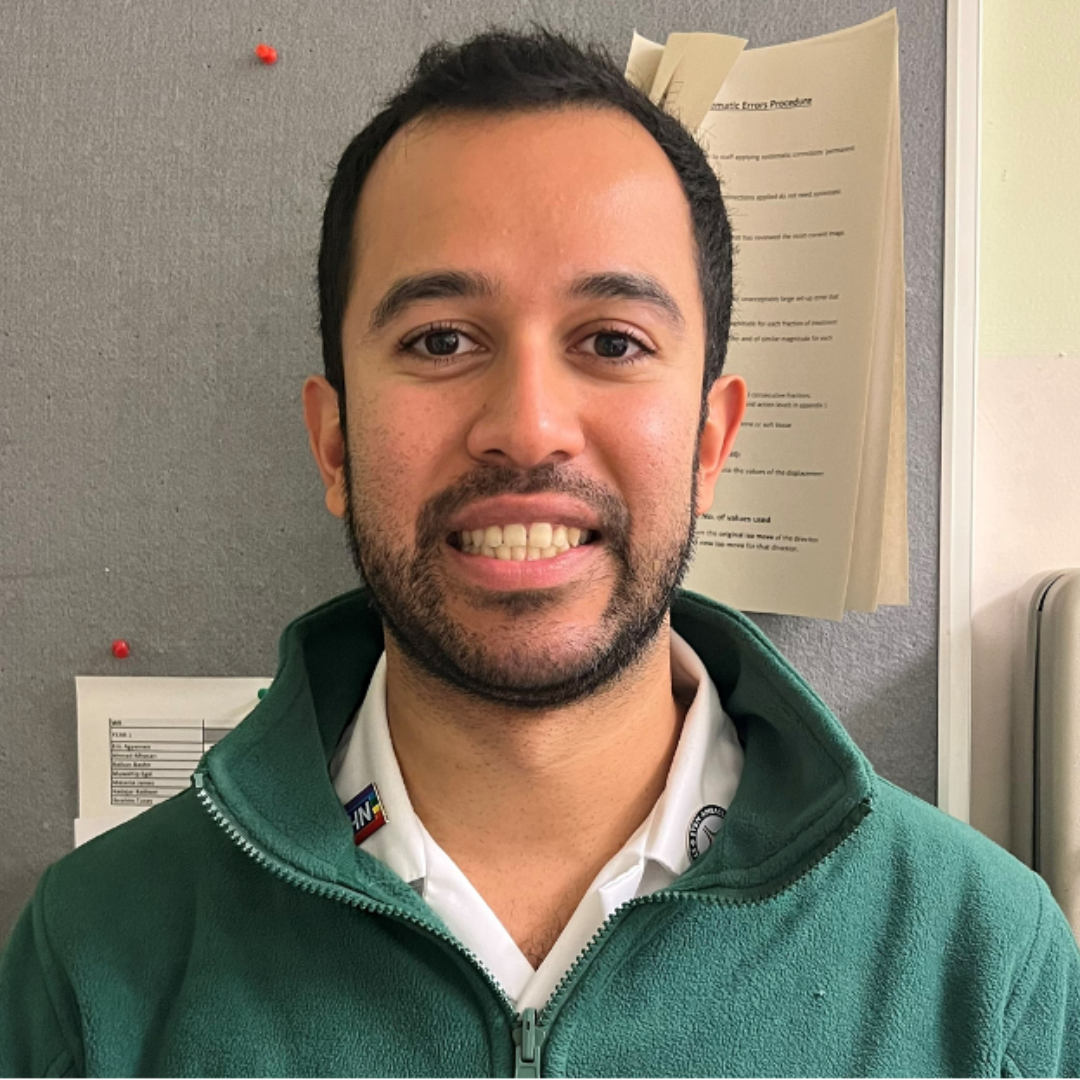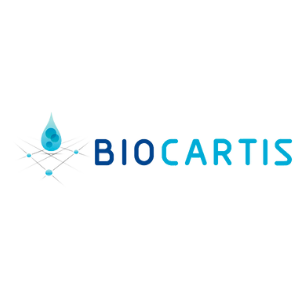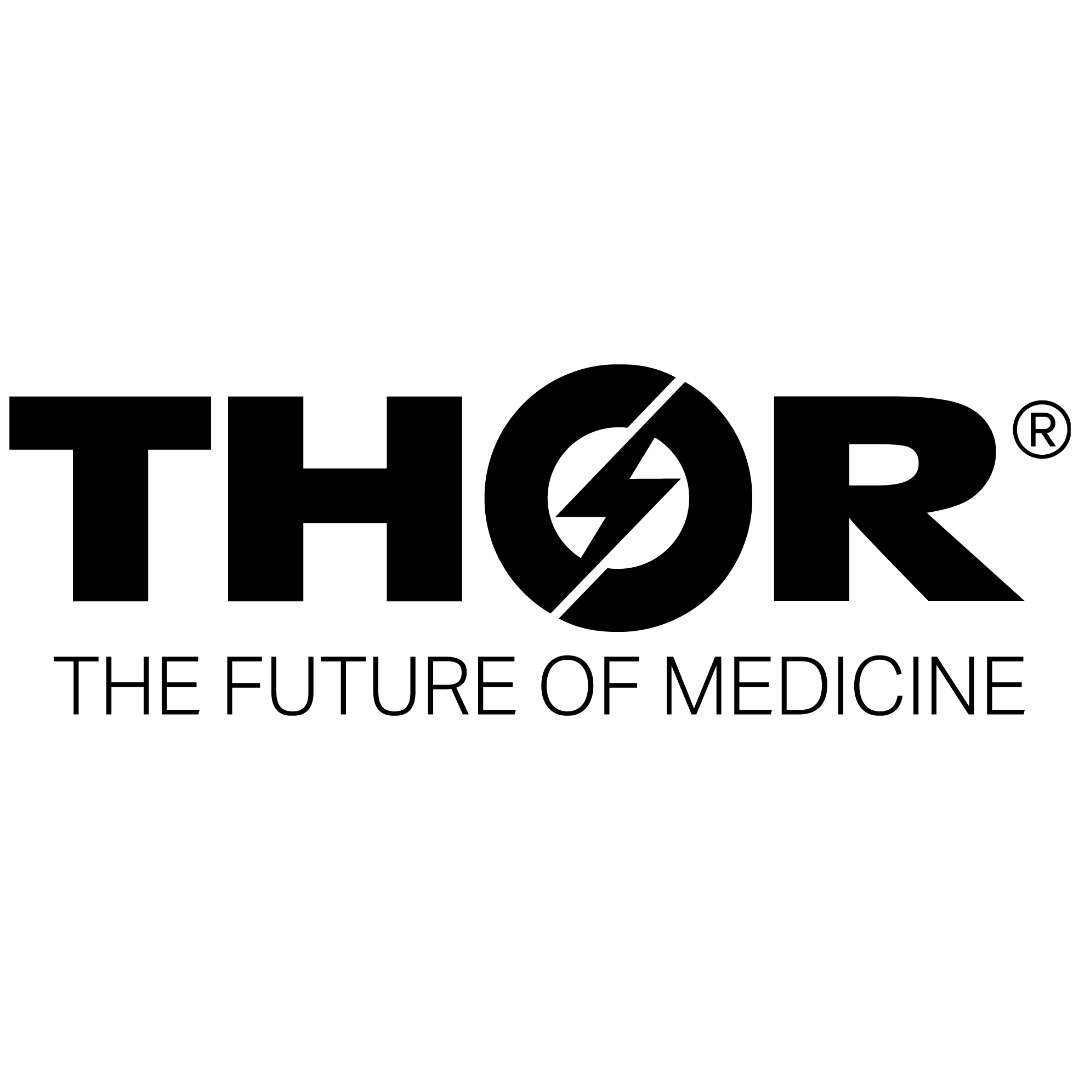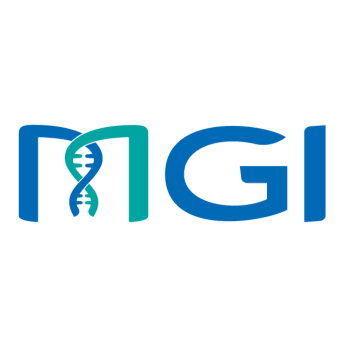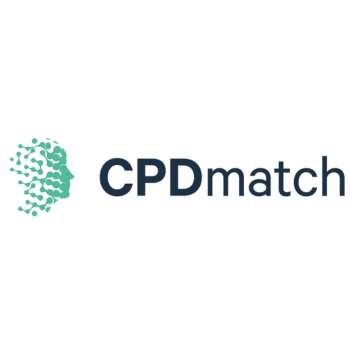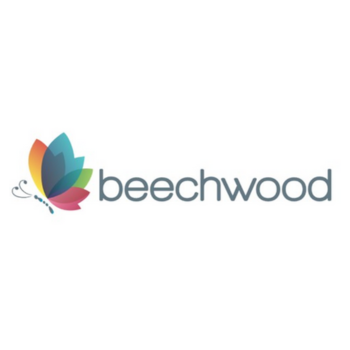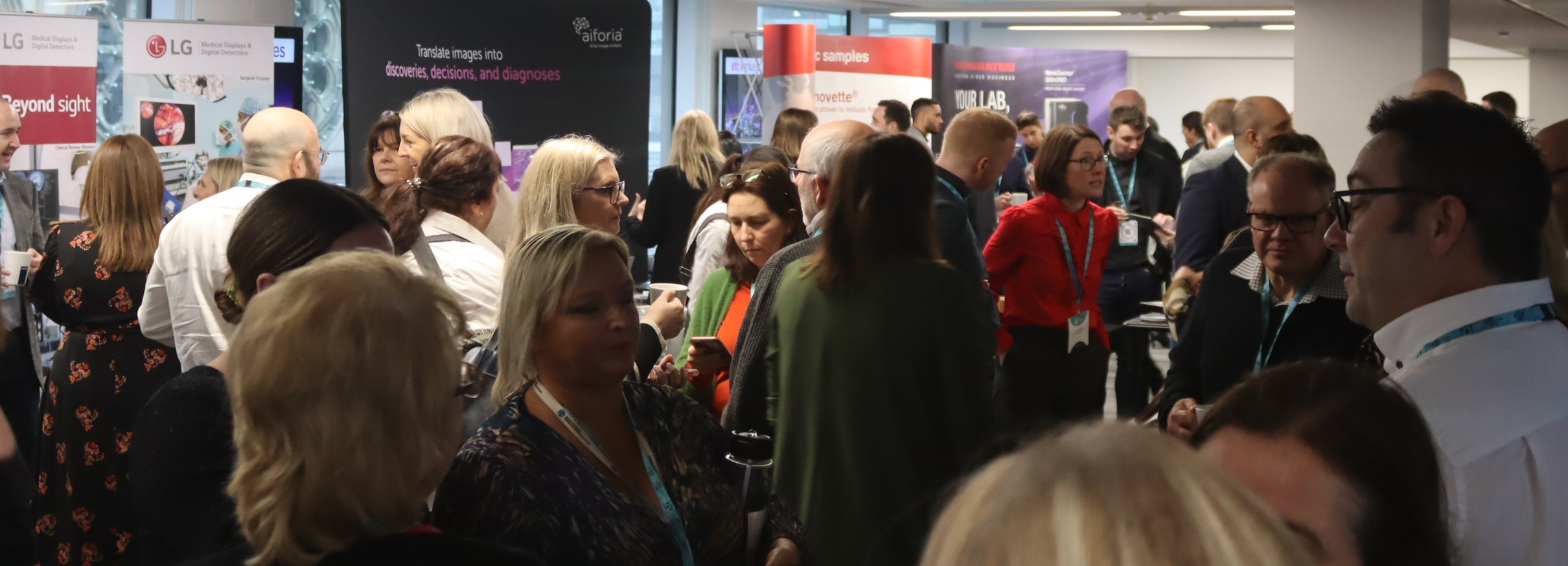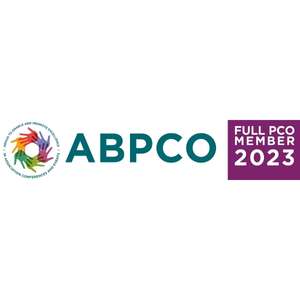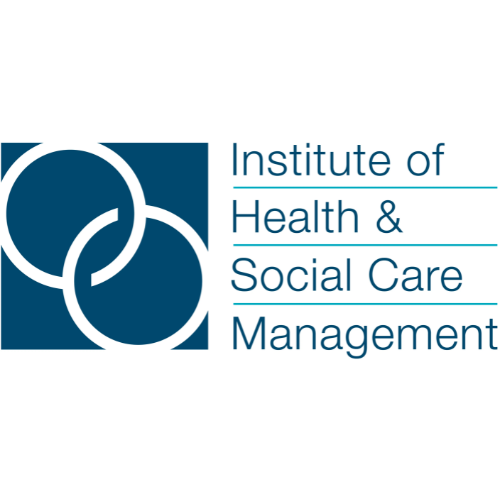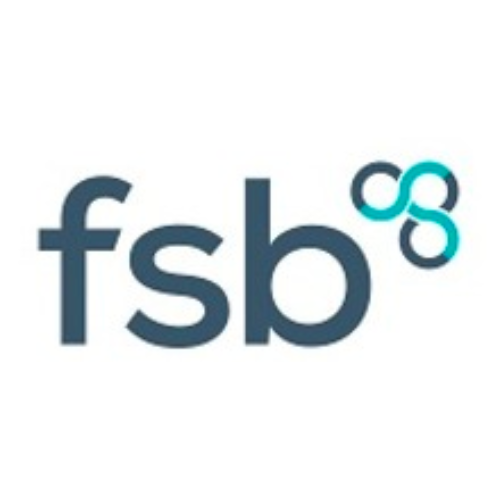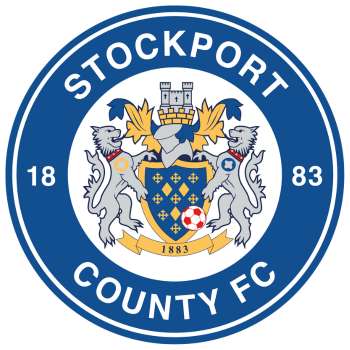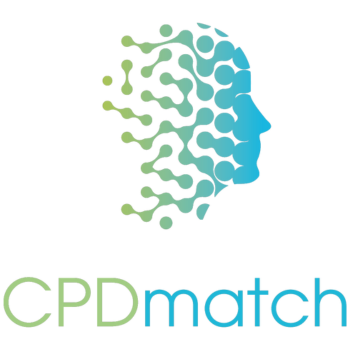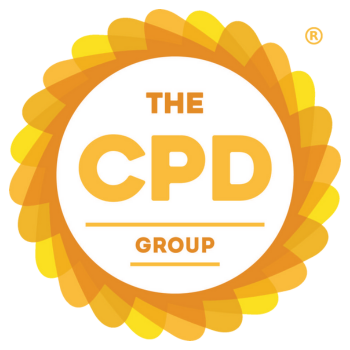Current Landscape:
One in every two people in the country is diagnosed with cancer at some point in their lives.
The NHS Long Term Plan aims to save thousands more lives each year by dramatically improving how we diagnose and treat cancer. The NHS’ ambition is, that by 2028, an extra 55,000 people each year will survive for 5 years or more following their cancer diagnosis.
The NHS Long Term Plan for Cancer states that ‘where appropriate every person diagnosed with cancer will have access to personalised care, including needs assessment, a care plan and health and wellbeing information and support.’
Importance and Timeliness of the Event:
393,000 people are diagnosed with cancer each year, on average someone in the UK is diagnosed every 90 seconds, with the number increasing every year. There is not a better time than now to act and make changes to these numbers bettering the lives of those living with cancer and bettering our healthcare system.
The Oncology Conference North aims to provide a secure and focused environment for NHS Oncology specialists to listen, learn and engage with peers and sector leaders from across the UK and further afield.
Key Content Streams:
- Developments in Radiotherapy - As the number of cancers diagnosed in the early stages increases, radiotherapy will play an increasing role in curing them.
- Proton Beam Therapy - Proton beam therapy is now in routine use in the UK, with recruitment ongoing for clinical trials to define the future benefits of this therapy. Artificial intelligence (AI) and improved computing power are making it faster to plan radiotherapy treatments.
- Anti-Cancer Drugs - Anti-cancer drugs are improving cure rates and can make many cancers into chronic diseases that people can live with. There is much research into combining new drugs with radiotherapy to increase the options for each patient.
- Genetic Mapping - enabling clinical oncologists to prescribe targeted, fully personalised systemic treatments and radiotherapy. By understanding and explaining genomics, the role of AI and the benefits and potential side effects of therapies, we can ensure each patient continues to receive truly personalised treatment that respects their individual beliefs, values and priorities.
- Addressing health inequalities in Oncology services - integrating personalised care strategies, including targeted outreach, education, and equitable access to advanced technologies to ensure a more inclusive and effective approach to cancer prevention and treatment.
Why Attend:
Our upcoming Oncology Conference North will open the floor to NHS professionals to come and discuss how the NHS is planning to lean on new models of delivery and innovation within the oncology sector. How the NHS plans to lean on new models of delivery and innovation to help manage the current backlogs and improve outcomes on a national scale.
Join us at The Oncology Conference North as we explore these new areas of best practice, network with peers and share insights.
Register now to be a part of this transformative journey and contribute to building a better future for healthcare.

